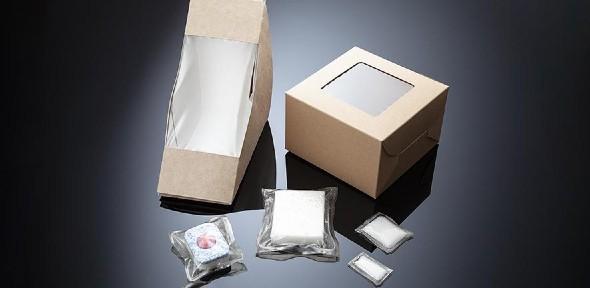
Researchers have created a plant-based, sustainable, scalable material that could replace single-use plastics in many consumer products.
The researchers, from the University of Cambridge, created a polymer film by mimicking the properties of spider silk, one of the strongest materials in nature. The new material is as strong as many common plastics in use today and could replace plastic in many common household products.
The material was created using a new approach for assembling plant proteins into materials that mimic silk on a molecular level. The energy-efficient method, which uses sustainable ingredients, results in a plastic-like free-standing film, which can be made at industrial scale. Non-fading ‘structural’ colour can be added to the polymer, and it can also be used to make water-resistant coatings.
The new product will be commercialised by Xampla, a University of Cambridge spin-out company developing replacements for single-use plastic and microplastics. The company will introduce a range of single-use sachets and capsules later this year, which can replace the plastic used in everyday products like dishwasher tablets and laundry detergent capsules.
"It was a surprise to find our research could also address a big problem in sustainability: that of plastic pollution." Professor Tuomas Knowles, Yusuf Hamied Department of Chemistry
“We normally investigate how functional protein interactions allow us to stay healthy and how irregular interactions are implicated in Alzheimer’s disease,” said Knowles, who led the current research. “It was a surprise to find our research could also address a big problem in sustainability: that of plastic pollution.” As part of their protein research, Knowles and his group became interested in why materials like spider silk are so strong when they have such weak molecular bonds. “We found that one of the key features that gives spider silk its strength is the hydrogen bonds are arranged regularly in space and at a very high density,” said Knowles.
“The key breakthrough here is being able to control self-assembly, so we can now create high-performance materials. It’s exciting to be part of this journey. There is a huge, huge issue of plastic pollution in the world, and we are in the fortunate position to be able to do something about it.”
Rodriguez Garcia (Co-author, a postdoctoral researcher in Knowles’ group and Head of R&D at Xampla)
Read the full University of Cambridge article here.
Image credit: Xampla - packaging incorporating Xampla's plant-based plastic

